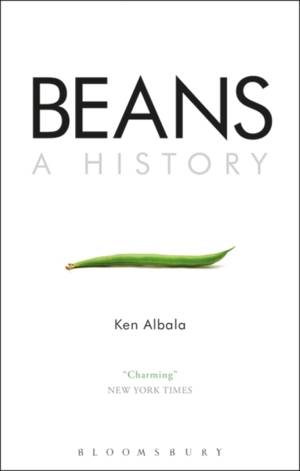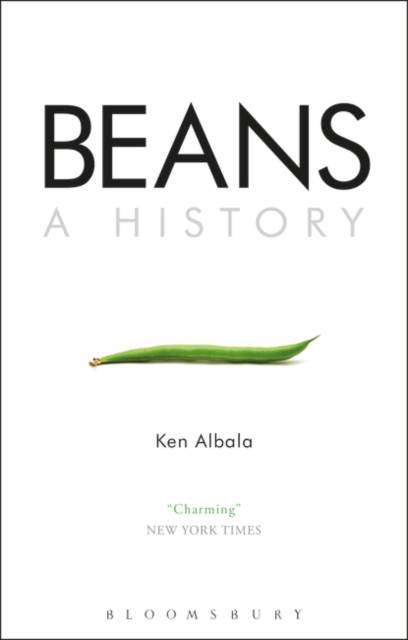
- Afhalen na 1 uur in een winkel met voorraad
- Gratis thuislevering in België vanaf € 30
- Ruim aanbod met 7 miljoen producten
- Afhalen na 1 uur in een winkel met voorraad
- Gratis thuislevering in België vanaf € 30
- Ruim aanbod met 7 miljoen producten
Zoeken
Prijzen
Omschrijving
Winner of The 2008 Jane Grigson Award, issued by the International Association of Culinary Professionals (IACP). Winner of the 2008 Cordon d' Or Culinary Literature - History Culinary Academy Award. This is the story of the bean, the staple food cultivated by humans for over 10,000 years. From the lentil to the soybean, every civilization on the planet has cultivated its own species of bean. The humble bean has always attracted attention - from Pythagoras' notion that the bean hosted a human soul to St. Jerome's indictment against bean-eating in convents (because they "tickle the genitals"), to current research into the deadly toxins contained in the most commonly eaten beans. Over time, the bean has been both scorned as "poor man's meat" and praised as health-giving, even patriotic. Attitudes to this most basic of foodstuffs have always revealed a great deal about a society. Beans: A History takes the reader on a fascinating journey across cuisines and cultures.
Specificaties
Betrokkenen
- Auteur(s):
- Uitgeverij:
Inhoud
- Aantal bladzijden:
- 256
- Taal:
- Engels
Eigenschappen
- Productcode (EAN):
- 9781845204303
- Verschijningsdatum:
- 1/09/2007
- Uitvoering:
- Hardcover
- Formaat:
- Genaaid
- Afmetingen:
- 161 mm x 196 mm
- Gewicht:
- 453 g

Alleen bij Standaard Boekhandel
+ 197 punten op je klantenkaart van Standaard Boekhandel
Beoordelingen
We publiceren alleen reviews die voldoen aan de voorwaarden voor reviews. Bekijk onze voorwaarden voor reviews.













